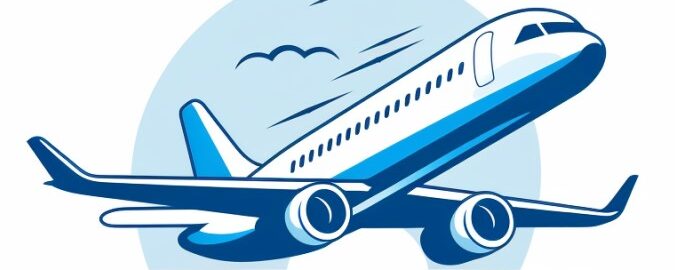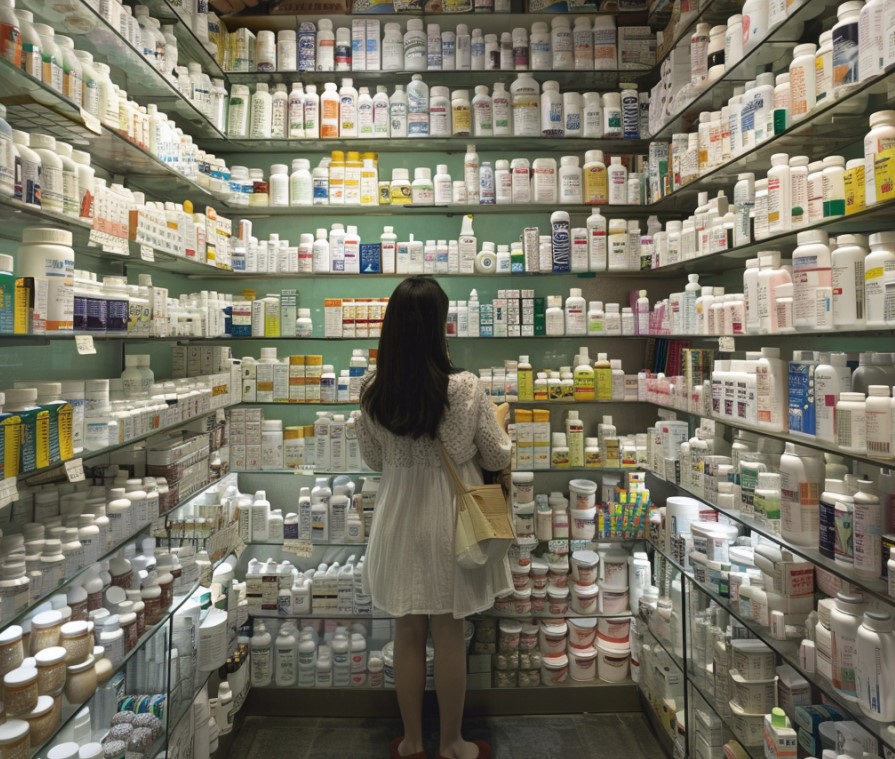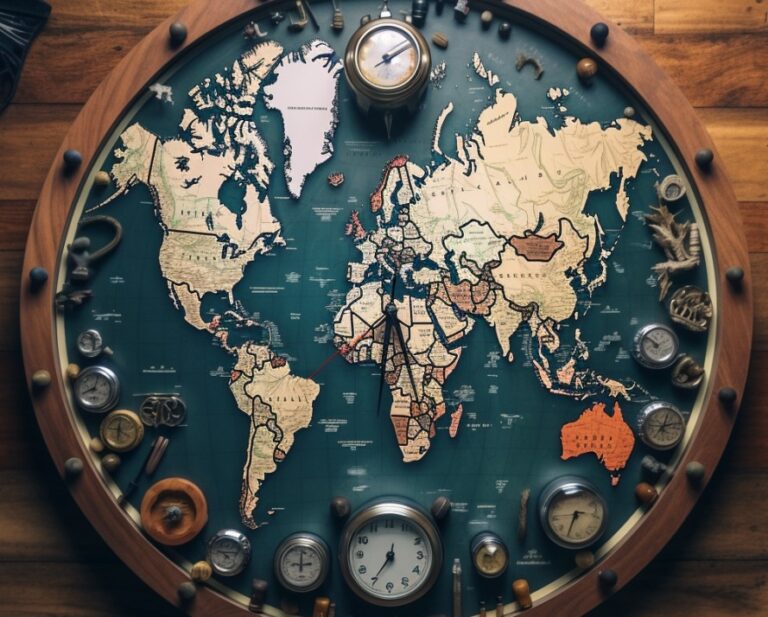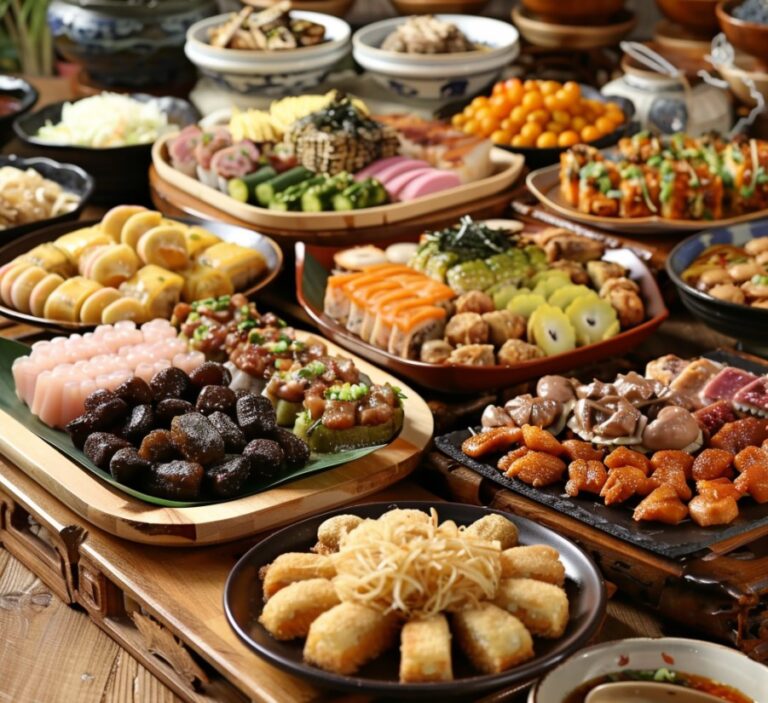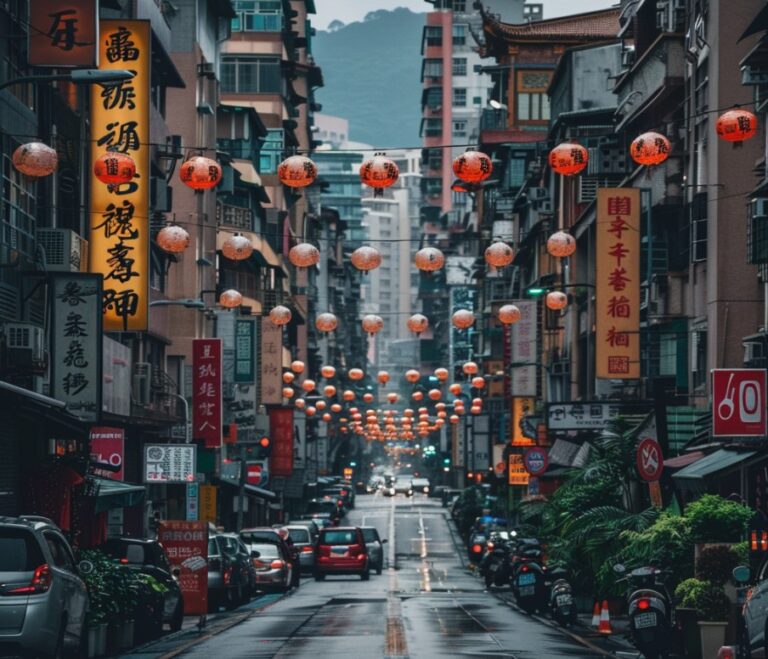Medications not allowed in Taiwan
Taiwan, a country known for its advanced healthcare system and strict regulations, has stringent rules regarding medications allowed within its borders. The Taiwanese government places a high priority on public health and safety, leading to a comprehensive list of medications that are not permitted for use or sale in the country. Understanding these restrictions is crucial for both residents and visitors to ensure compliance with the law and avoid potential health risks.
List List of Medications Not Allowed in Taiwan
Based on the search results, the drugs that are prohibited in the territory of Taiwan include:
- Heroin
- Morphine
- Opium
- Cocaine
- Coca leaves
- Poppy
- Poppy seeds
- Amphetamine
- Marijuana
- Marijuana seeds
- Marijuana derivatives containing over 10 ppm of Tetrahydrocannabinol (THC)
- Derived products of the aforementioned materials.
These drugs are strictly prohibited in Taiwan, and individuals found in possession of them may face severe penalties according to the Narcotics Hazard Prevention Act.
Regulations on Medications
The Taiwan Food and Drug Administration (TFDA) is responsible for regulating medications in Taiwan. The TFDA closely monitors pharmaceutical products to safeguard public health and prevent the circulation of unsafe or unapproved drugs. Medications that are not allowed in Taiwan are typically those that have not been approved by the TFDA or do not meet the country’s strict regulatory standards.
Reasons for Restrictions
There are several reasons why certain medications are not allowed in Taiwan. These reasons may include:
- Lack of Approval: Medications that have not undergone the necessary approval process by the TFDA are not permitted for use in Taiwan. This is to ensure that all pharmaceutical products meet the country’s safety and efficacy standards before being made available to the public.
- Safety Concerns: Some medications may be banned due to safety concerns or potential risks to public health. The TFDA evaluates drugs based on their potential side effects, interactions with other medications, and overall safety profile before deciding whether to allow them on the market.
- Cultural Considerations: Taiwan’s healthcare system is influenced by traditional Chinese medicine practices, which may impact the approval of certain Western medications. Drugs that conflict with traditional beliefs or practices may be restricted in Taiwan.
We also recommend reading USA to Taiwan flight time
How to get antibiotics in Taiwan
To get antibiotics in Taiwan, you typically need a prescription from a doctor. You can visit a doctor to obtain a prescription for antibiotics. Most medications in Taiwan require prescriptions, including antibiotics.
You can go to a pharmacy with the prescription to purchase the antibiotics. If you are enrolled in Taiwan’s national insurance program, you may only need to make a copayment for the drugs, which can make them more affordable. It’s important to follow the proper procedures and consult with a healthcare professional before taking any antibiotics.
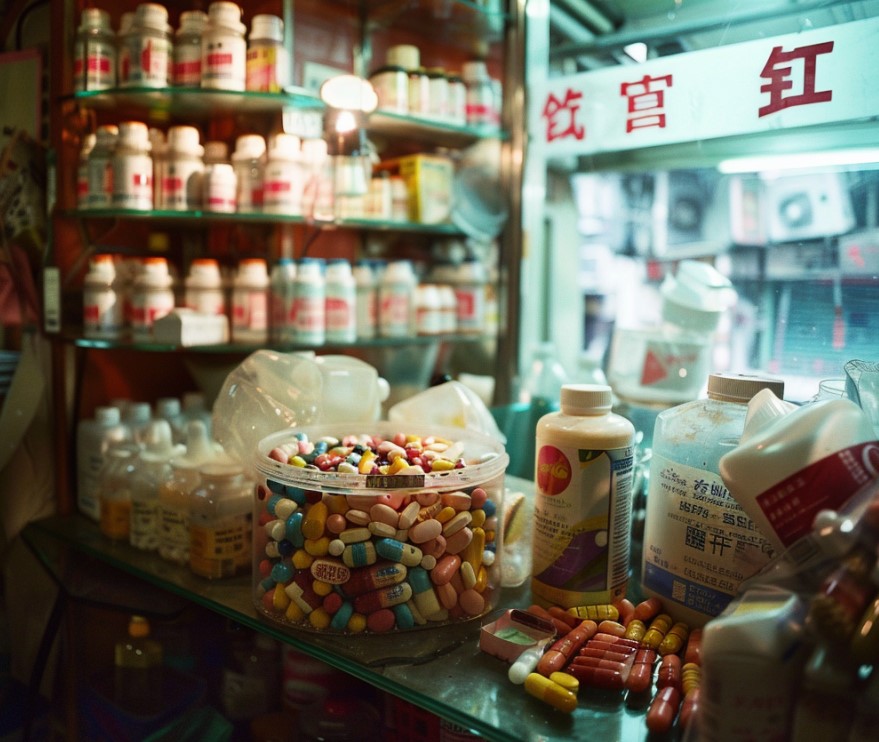
How to get a prescription in Taiwan
To get a prescription in Taiwan, you generally need to visit a doctor. While many common medicines can be bought over the counter without a prescription, certain medications like antibiotics and prescription-strength painkillers require a doctor’s prescription. In Taiwan, pharmacies are called Yao Dian, and they are usually open from 9:00 am to 9:00 pm on weekdays and 9:00 am to 6:00 pm on weekends and public holidays. The cost of prescription medication in Taiwan is covered by health insurance, with patients typically paying a small co-payment for each prescription.
If you need to bring prescription drugs into Taiwan as a traveler, you can bring up to a 2-month supply without a doctor’s note or prescription information. With a doctor’s prescription, the amount should be reasonable within the limit of the prescription, up to 6 months.
While some medicines can be bought over the counter in Taiwan without a prescription, it is advisable to consult a doctor for prescriptions for specific medications that require one.
Examples of Restricted Medications
Several types of medications are commonly restricted or prohibited in Taiwan. These may include:
- Narcotics and Controlled Substances: Drugs classified as narcotics or controlled substances in other countries may be strictly regulated or banned in Taiwan. This includes opioids, stimulants, and other psychoactive substances.
- Unapproved Pharmaceuticals: Medications that have not been approved by the TFDA are not allowed for use in Taiwan. This includes experimental drugs, unlicensed products, and counterfeit medications.
- Herbal Supplements: Certain herbal supplements or traditional remedies may be restricted in Taiwan if they are found to contain harmful ingredients or pose a risk to public health.
Safety Measures for Travelers
For travelers visiting Taiwan, it is essential to be aware of the country’s medication regulations to avoid any legal issues or health complications. Here are some safety measures to consider:
- Check with Authorities: Before traveling to Taiwan, check with the TFDA or local authorities to confirm whether your medications are allowed in the country. Some prescription drugs may require special permits or documentation for importation.
- Carry Prescriptions: If you need to bring prescription medications into Taiwan, make sure you have a valid prescription from a licensed healthcare provider. This can help you avoid any misunderstandings at customs checkpoints.
- Research Alternative Options: If your medication is not allowed in Taiwan, consult with a healthcare provider to explore alternative treatment options that are approved for use in the country.
Popular Pharmacies in Taiwan
In Taiwan, some popular pharmacy chains include:
- MedFirst
- Great Tree Pharmacy
- YourChance Pharmacy
- Yes Chain Pharmacy
- TinTin Drugstores
These pharmacy chains offer a variety of products such as prescribed medicines, over-the-counter products, non-pharma products, and medical equipment. The market is characterized by a mix of chain and independent pharmacies, with a focus on selling high-margin products like maternal and baby supplies, cosmetics, and nutritional supplements to increase profitability. Additionally, the top pharmacies in Taipei include 躍獅藥局, Dr. Med美德健保藥局, 日藥本鋪, Tomods, 屈臣氏, 札幌藥妝, and others.
Conclusion
In conclusion, understanding medications not allowed in Taiwan is essential for maintaining compliance with local regulations and ensuring public health and safety. The stringent measures put in place by the TFDA aim to protect residents and visitors from potential harm caused by unsafe or unapproved drugs. By staying informed about medication restrictions and following appropriate safety measures, individuals can navigate Taiwan’s healthcare system confidently and responsibly.
